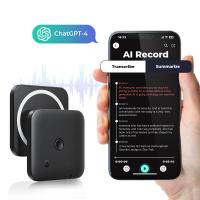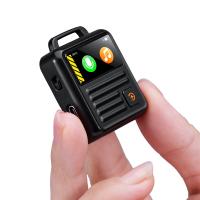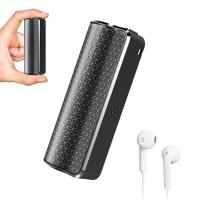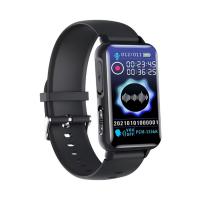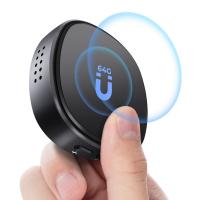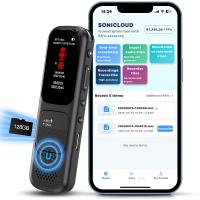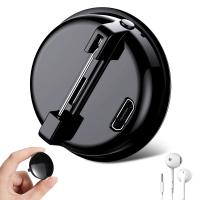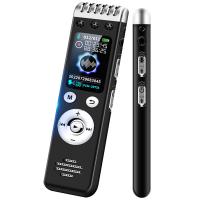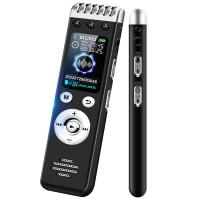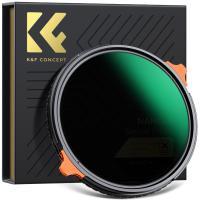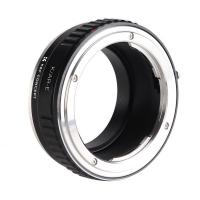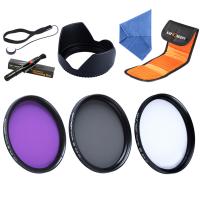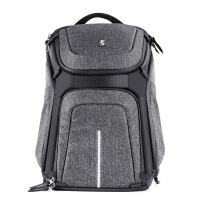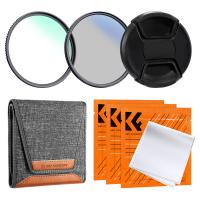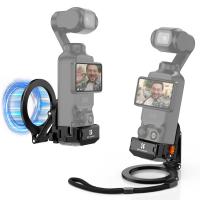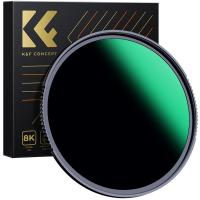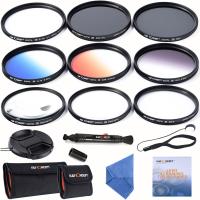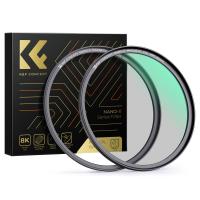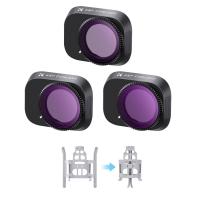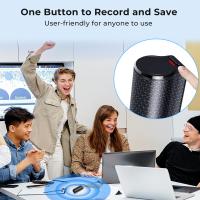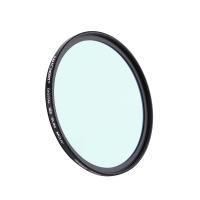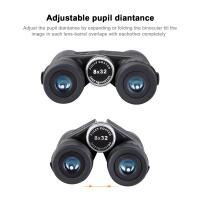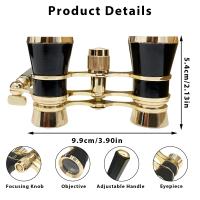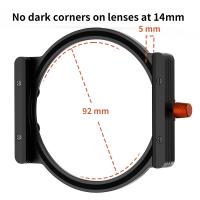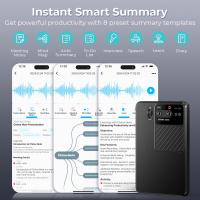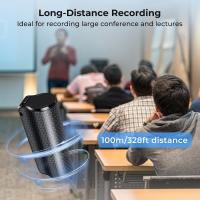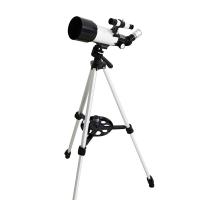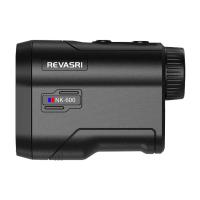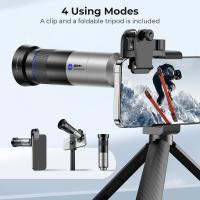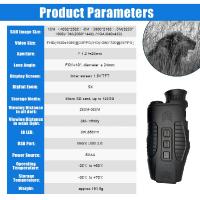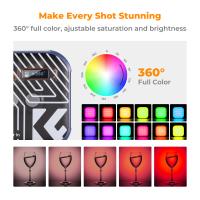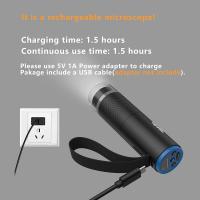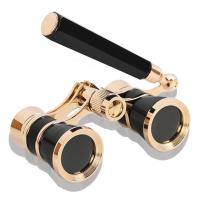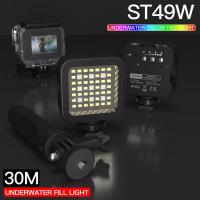What Is A Voice Recorder Used For?
Voice recorders have been an essential tool for capturing audio easily and effectively, but many people still wonder about their uses, applications, and significance in daily life and professional settings. In this article, we’ll dive into the primary functions of voice recorders, their practical applications, and how they can meet a variety of user needs. Whether you're a student, journalist, content creator, business professional, or someone simply interested in preserving memories, voice recorders can serve multiple purposes. Let’s explore these applications in greater depth.
Voice Recorders: An Overview

A voice recorder is a device that captures audio signals and stores them in a digital or analog format for future playback or processing. While early versions of voice recorders relied on tape, modern devices make use of digital storage, ensuring better sound quality, portability, and user convenience. Many contemporary smartphones also come with built-in voice recording functions, but dedicated voice recorders typically offer superior sound quality, longer recording durations, and advanced features like noise reduction.
Voice recorders are versatile devices used by a wide range of individuals and industries. Depending on the user’s needs, they can serve as tools for documentation, inspiration, study, research, or entertainment.
Practical Applications of Voice Recorders
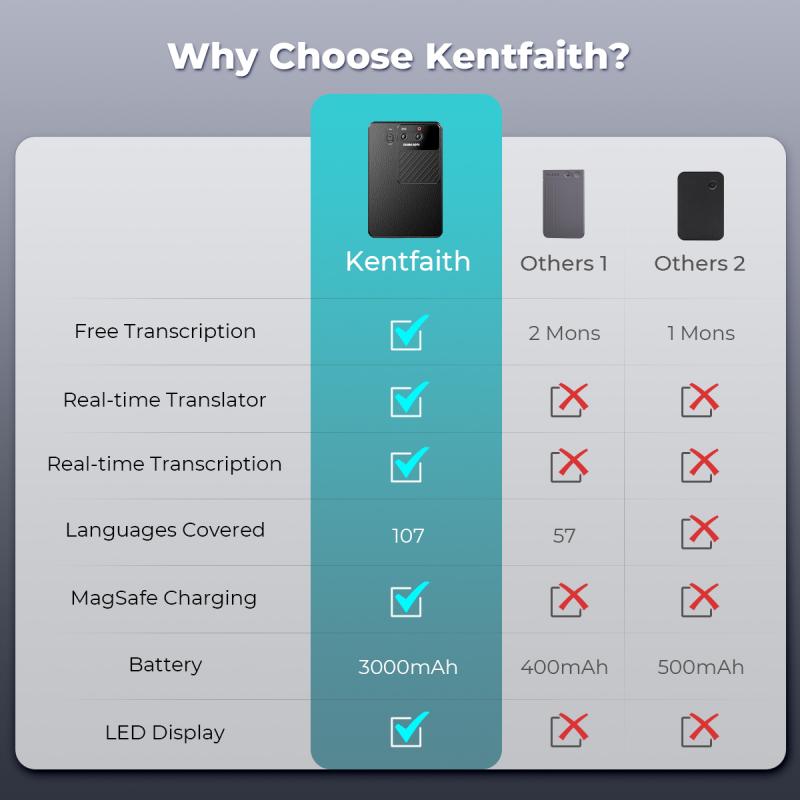
1. Meeting and Lecture Note-Taking
One of the most common uses of a voice recorder is to capture meetings, lectures, or interviews. For business professionals, students, and journalists, manually jotting down notes can be inefficient and prone to error. A voice recorder allows you to focus on actively engaging in the discussion or lecture while ensuring no information is missed. Later, the recording can be transcribed for a permanent record or for further analysis.
Voice recorders are particularly helpful in circumstances where:
- The topic is complex, and details could be lost in manual note-taking.
- You need to collect verbatim quotes, as in journalistic interviews.
- Multi-tasking is required, such as running a presentation and keeping track of insights simultaneously.
2. Interviews and Journalism
For journalists, bloggers, and content creators, voice recorders are instrumental in obtaining accurate and reliable records of interviews, discussions, or press conferences. They eliminate the risk of misquoting sources or missing critical information during live conversations.
Additionally, digital recorders often include timestamp features, so users can quickly locate key moments in a conversation without listening to the entire recording. Some premium voice recorders also provide features such as built-in transcription services and automatic text conversion, which are increasingly important as news and other content must be generated quickly.
3. Creative Inspiration
Many authors, songwriters, and poets use voice recorders to capture moments of inspiration. Creative ideas often arise in unexpected situations, and having a lightweight and portable recording device ensures that no epiphany goes unrecorded. Whether it’s brainstorming dialogue for a novel or humming a melody for a song, voice recorders serve as invaluable tools for preserving creativity in its raw form.
Moreover, for podcasters and amateur musicians, voice recorders with high-quality microphones can be an economical alternative to setting up a professional recording studio. They allow creators to explore their ideas freely with minimal technical setup.
4. Language Learning and Practice
Voice recorders can play a key role in learning new languages. By recording lessons, conversations, or even one’s self speaking, language learners can evaluate their pronunciation, improve fluency, and reinforce retention by replaying recorded sessions. Educators, too, can use voice recorders to share pronunciation guides or listening exercises with their students.
Many modern voice recorders offer playback speed control, which is particularly useful for slow or fast learners who need material presented at their own pace without distorting quality.
5. Medical and Legal Documentation
In both medical and legal professions, accuracy, precision, and thorough documentation are vital. Doctors may use voice recorders to dictate patient notes, diagnoses, and treatment plans, which are later transcribed into patient records. Similarly, voice recorders are indispensable for lawyers who need to document client meetings, depositions, or courtroom proceedings.
Some digital voice recorders also come with encryption features, ensuring sensitive information remains secure. This makes them an effective tool for professionals dealing with confidentiality.
6. Podcasting and Content Production
Podcasters and content creators increasingly rely on voice recorders for capturing high-quality audio. A good voice recorder can ensure clear sound, free of background noise, making it ideal for interviews, narratives, or onsite content collection. Many portable options combine high functionality with affordability, making them popular even with beginners in the content creation space.
For advanced users, voice recorders with external microphone support, multiple recording formats, and excellent bit rates provide an even greater level of customization and quality.
7. Preserving Memories
Another common but often overlooked use of voice recorders is their role in documenting personal history and preserving memories. Families can use voice recorders to capture conversations with elders, record oral histories, or keep an audio diary of important events like weddings, birthdays, or family gatherings.
In a more casual sense, they’re also useful for travelers who want to document their adventures without writing everything down. Replaying these recordings later allows one to relive memories in vivid detail.
8. Research Purposes
Speech scientists, linguists, market researchers, and sociologists find immense value in voice recorders when capturing and analyzing spoken content. Focus group discussions, interviews, and observations can all be recorded and subsequently reviewed for enhanced accuracy in research data.
Many modern recorders are equipped with features, such as noise filtering and automatic gain control, to ensure that speech remains clear, even in environments where ambient noise might otherwise interfere with the clarity of the recording.
---
Choosing the Right Voice Recorder
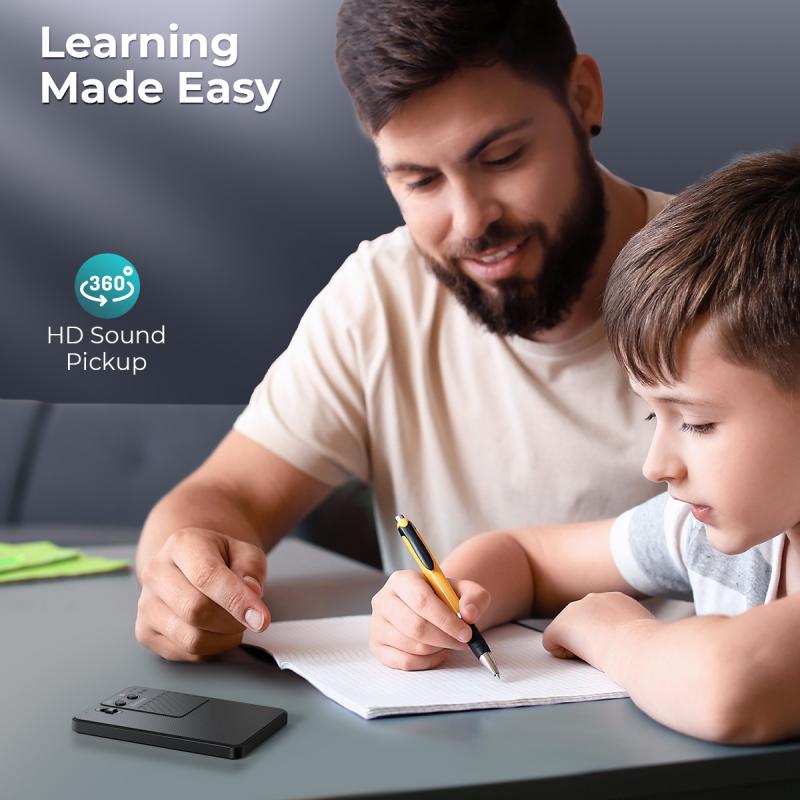
Not all voice recorders are created equal, and the choice of device will depend on your specific needs. Consider these factors when selecting a voice recorder:
1. Audio Quality
For professional needs, recording quality is crucial. Look for devices with high bit rates and sample rates to ensure crystal-clear audio.
2. Recording Length
If you plan to capture long meetings or events, search for devices with extended recording times or expandable storage. Some voice recorders allow users to record for hundreds of hours at lower quality settings without compromising storage space.
3. Portability and Durability
A compact and well-built voice recorder is ideal for users on the go. Make sure the device is easy to carry and can withstand everyday wear and tear.
4. Battery Life
Long-lasting battery life is a must for professionals or outdoor users. Choose a device that can support several hours of continuous use or one that allows for quick charging.
5. Additional Features
Innovative features, such as Wi-Fi/Bluetooth connectivity, voice activation, transcription capabilities, and background noise reduction, can significantly enhance the user experience and utility of the device.
---
Voice recorders are undoubtedly versatile tools that cater to a wide range of user needs, from note-taking in meetings to preserving personal memories. As technology has advanced, voice recorders have become even more powerful, portable, and user-friendly, allowing them to remain relevant in an increasingly digitized world.
Whether you’re a student trying to keep up with a fast-paced lecture, a journalist on a tight deadline, or someone wishing to record life’s fleeting moments, a voice recorder can help you achieve your goals with ease and precision. Investing in a high-quality voice recorder can significantly increase efficiency, creativity, and flexibility in your personal or professional life.

